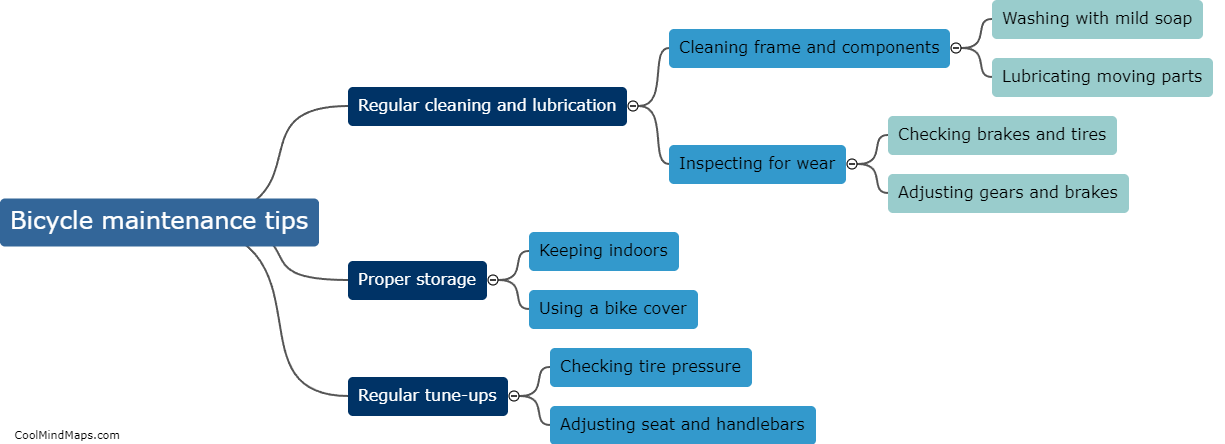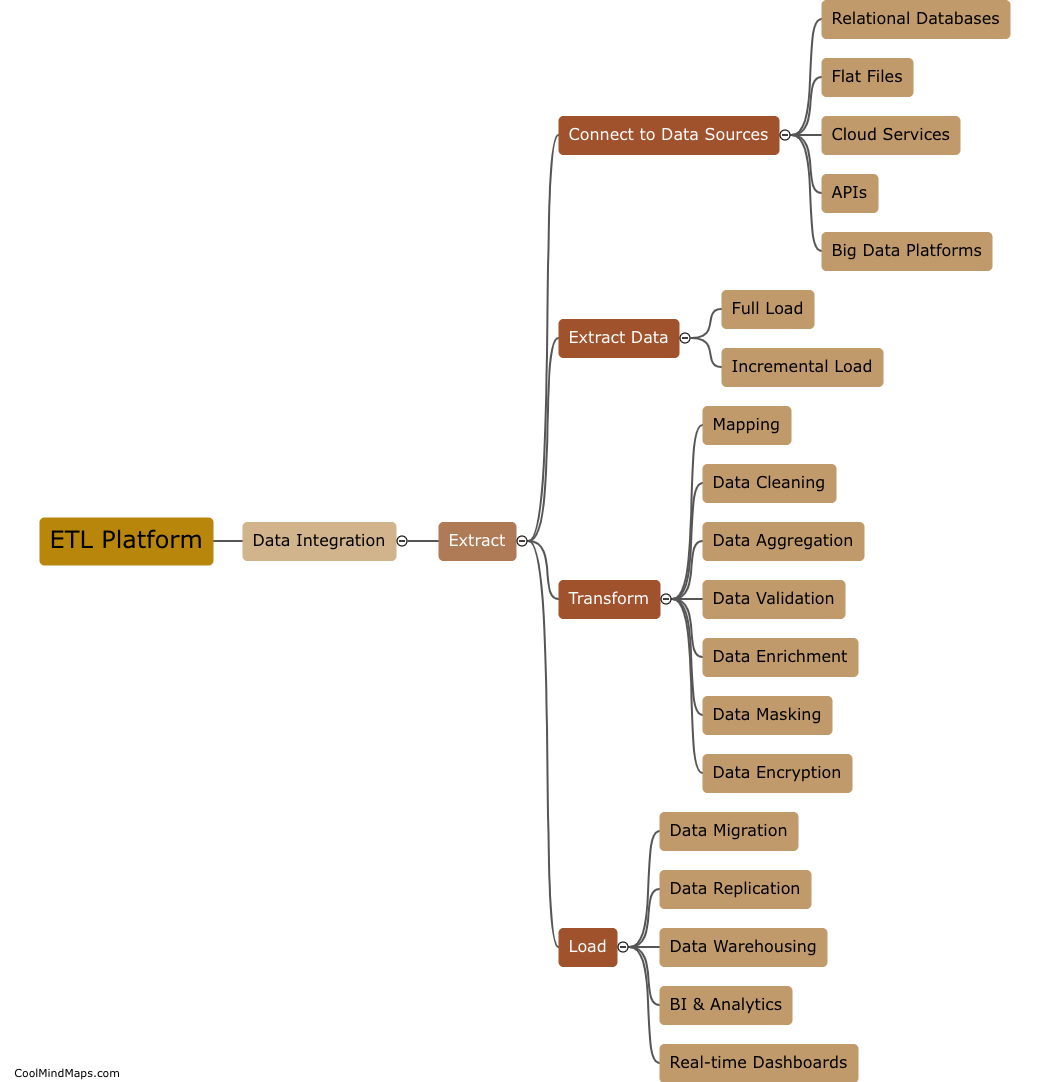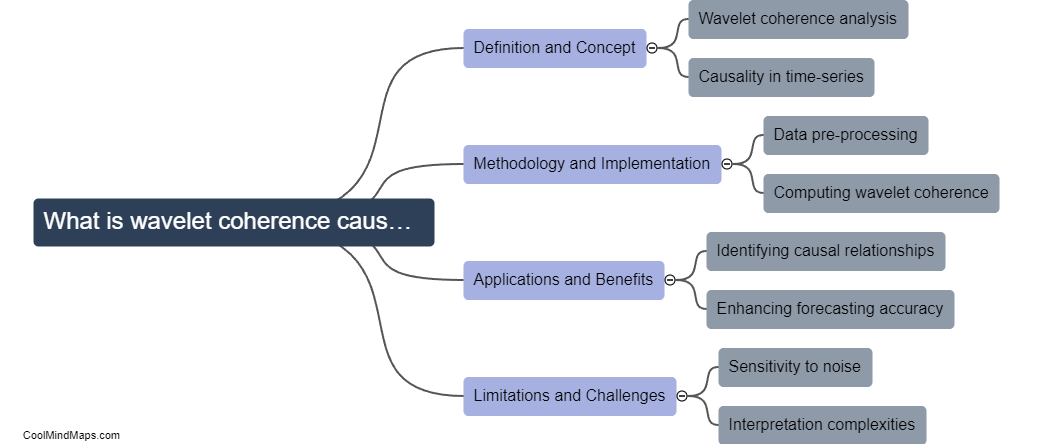How does it help study nonlinear causality?
Studying nonlinear causality allows researchers to delve deeper into the complex relationships and interactions between variables that do not follow a linear pattern. It helps in understanding how one variable can influence another in a non-traditional way, leading to a more comprehensive understanding of the underlying mechanisms at play. By examining nonlinear causality, researchers can uncover hidden patterns, identify unexpected connections, and gain insights that may not be apparent through linear analyses alone. This approach can lead to a more nuanced and accurate understanding of causal relationships in various fields of study.

This mind map was published on 21 February 2024 and has been viewed 122 times.











